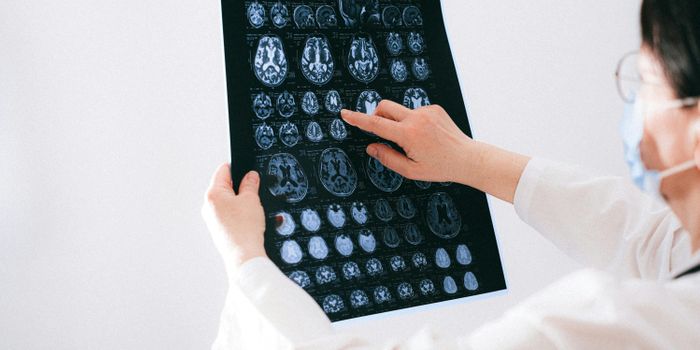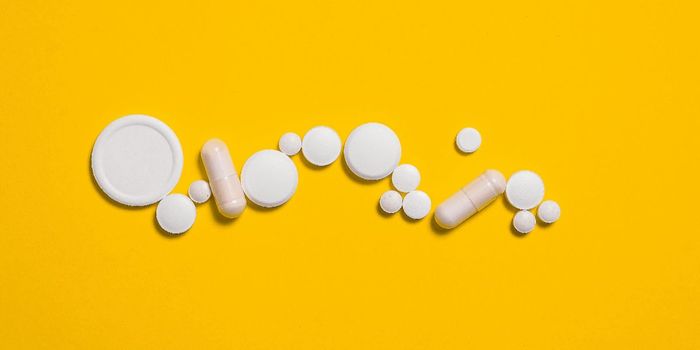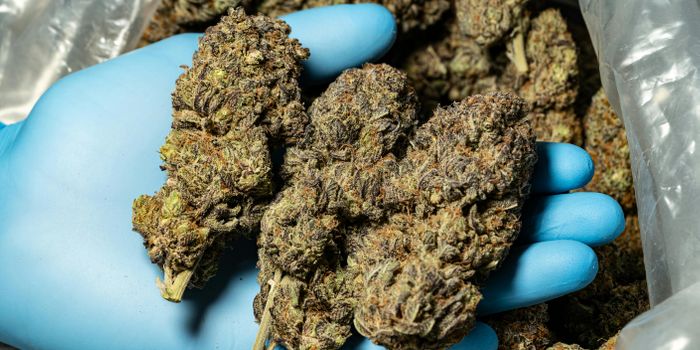The Impact of AI on Drug Discovery
Artificial Intelligence, also known as “AI”, has been the talk of the past year. AI performs and responds to complex tasks, as it is built to mimic human intelligence. As of right now, AI is already fairly common in the medical field, as it schedules online appointments for patients, check-in for appointments, availability of an electronic medical record (EMR), follow-up & reminder calls. It is also commonly used to warn prescribers and pharmacists about potential adverse drug effects when combining a plethora of medications.1 The true untapped potential of AI is vast, and the possibilities of a positive patient impact with AI is infinite. See video below.
Vineeta Agarwala, a physician and a general partner at the venture capital firm Andreessen Horowitz talks about the potential impact of AI technologies directly on the speed, cost, and efficiency of the drug development stage. She discusses that AI and machine learning go hand in hand, and could improve target discovery, preclinical experiment design, developing inclusion and exclusion criteria for participant demographics, and even the clinical development itself.2 You can view part of her interview at the link below. As a pharmacy student, it is hard to even wrap my mind around the concept of automatizing drug development. What we have been tediously and meticulously doing for years, now can theoretically be done with this amazing technology.
The implementation of this technology in the healthcare sector is truly cutting edge technology applied to life-saving situations. For example, there are certain disease states like diabetes and high blood pressure (hypertension) that are common, and get plenty of funding and research. There are other diseases, such as Aagenaes syndrome, which is estimated to occur in less than 1,000 people in the USA.3 I bet most people reading this article also have never heard of this disease! That goes to prove my point, that due to the low rate of incidence of the disease, it does not receive as much media attention as more prevalent diseases. The use of AI in such a space could eliminate that barrier, and help guide scientists the right way even when there is not enough funding or tools.
On top of this, this can free up a lot of the manual labor that goes into the experiments in a formal laboratory. That manual labor can be replaced with AI quality checking jobs, and AI result interpreter jobs. Nothing can beat human critical thinking - the jobs it will take will be replaced with various other ones that have to do with quality-checking the work of the AI & interpreting the results.
We are on the cusp of yet another worldwide technology burst - artificial intelligence. If you are on the hunt for a new job, unsure about what field to go into, AI is the way to go. Trust me, it is the future, and AI is just the beginning. AI is just getting started.
References
1 Amisha, Malik P, Pathania M, Rathaur VK. Overview of artificial intelligence in medicine. J Family Med Prim Care. 2019;8(7):2328-2331. doi:10.4103/jfmpc.jfmpc_440_19
2 The, L. Vineeta Agarwala on the promise - and limits - of AI in drug discovery. McKinsey & Company. 2022. https://www.mckinsey.com/Industries/Life-Sciences/
3 National Center for Advancing Translational Sciences, 2021. https://rarediseases.info.nih.gov/diseases








